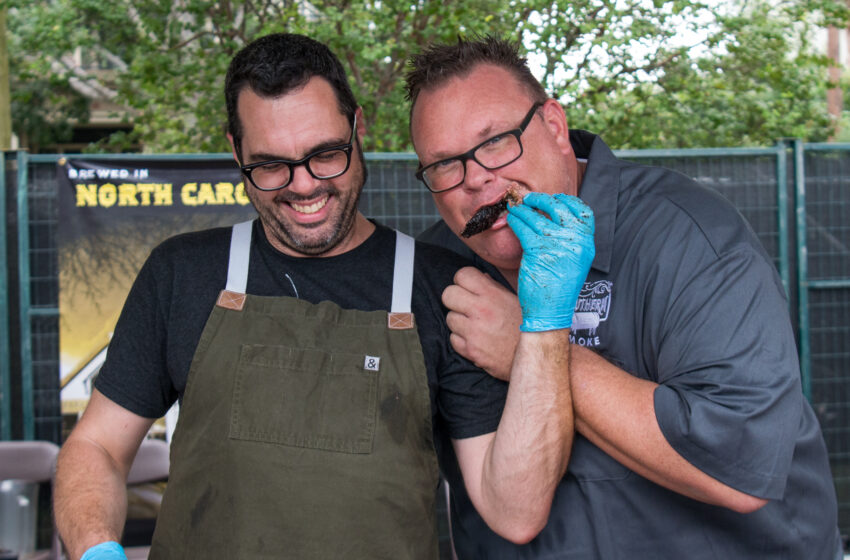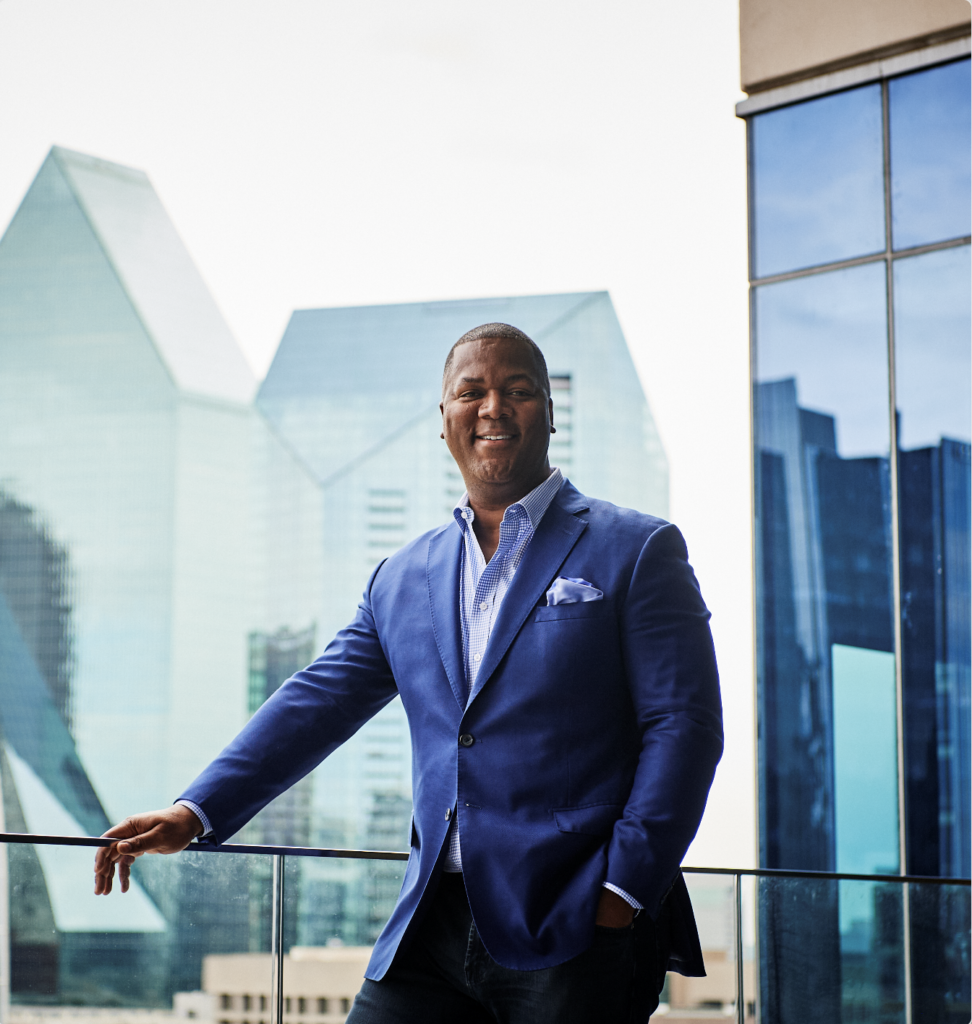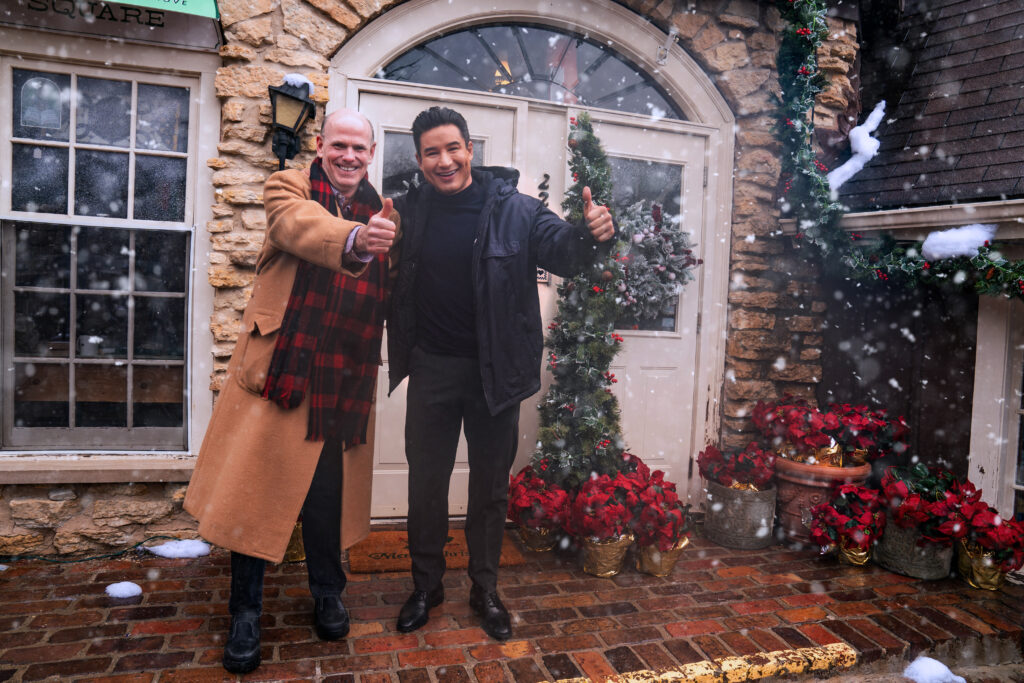No Ask Too Big or Too Small

Southern Smoke 2018 raises over $425,000 for charity at its 3rd annual event in Houston, Texas on September 30, 2018
Chef Chris Shepherd shakes up the Houston culinary scene once again as he steps away from his award-winning restaurants to focus on his Southern Smoke Foundation.
From the beginning Chris Shepherd has approached food in a unique way, fueled by curiosity and a huge appetite for learning.
Starting as a dishwasher in a sushi restaurant led to the realization that he needed to go to culinary school. Culinary school in Houston led to legendary Brennan’s, where he spent seven years in the kitchen and two as sommelier. All the while, he was exploring the city, experiencing the different cuisines, and meeting the people who cooked the food in what is arguably the most diverse city in the United States.
“I spent days going to restaurants trying to learn about the culture behind the food,” Shepherd says. “I became like family. We would talk for hours and share stories about the love for food and the traditions behind the dishes, the stories, and the memories. It was a very symbiotic relationship.”
Shepherd soon realized that people in Houston didn’t really understand where they lived and all Houston had to offer. He decided to show the diversity of the city through food and in 2012 opened a restaurant based on where he lived—the underbelly of Houston—and Underbelly was born. True to his nature, the restaurant was a unique take on cuisine. He re-created Vietnamese and other cuisines through his interpretation as a gateway to the dishes, and he followed up with maps to and recommendations at the authentic restaurants that had inspired his dishes.
“I would tell people to go try at least two restaurants before they came back to Underbelly so they could understand the culture and where the food was coming from,” Shepherd says. “For me it’s not about the food. Itʼs about humanity and having a conversation. We live in a world full of preconceived notions, but not until you actually sit at a table and eat together and learn from each other can you share that humanity.”

The foundation auctions one off each year.
Shepherd’s take was also unusual in that he went beyond the shop-local concept to whole-animal butchery, always drawing fresh seafood from the Gulf and fresh, locally grown produce. “Tuesday was steer day,” he says. “We would butcher a whole steer. Thursdays they would deliver two 250-pound hogs. Friday was goat day. Seafood came every day, and Saturday was poultry day. As you can imagine, accommodating that schedule and making that many menu changes throughout the week was exhausting.”
Underbelly was wildly successful, winning a James Beard Best New Restaurant nomination followed by being named best new restaurant by Bon Appétit and Esquire. More accolades soon followed with Shepherd being named to the 10 Best New Chefs by Food and Wine, the Best New Chef of he Year (SW) by the James Beard Foundation in 2014, and Outstanding Chef 2019 by the Robb Report.
Ever curious and seeking challenges, Shepherd expanded his culinary empire to include One Fifth, ambitiously exploring five different cuisines in five years: Georgia James, named for his parents, which became one of the best steakhouses in America; Wild Oats, featuring Texas cuisine; Underbelly Burger, a casual burger joint; Georgia James Tavern; and the yet-to-open Pastore, a red sauce Italian restaurant based on one of the One Fifth annual cuisines.
Along the way, he partnered with MLB Capital Partners to help with the expansion.
“I realized that in order to be successful in the restaurant business that real estate was essential, and I had to partner with people who were in real estate to make it,” he says. “I had to decide whether or not to take a partner or close. I chose MLB.”
The partnership was successful, but the pandemic took its toll on Shepherd and the restaurants.
In order to stay financially sound, he says, the partners wanted to buy more real estate and put more restaurants on it.
“That wasn’t for me. I felt a strong desire to do something different,” he says, “something that would challenge me to do new things rather than just one thing. As I got older I realized that if I am not happy then I should do something that makes me happy. So I stepped away and left it in good hands to work on something that challenges me, and that was Southern Smoke.”

The Southern Smoke Foundation (SSF) began as a fundraiser in 2015 for Antonio Gianola and the National Multiple Sclerosis Society after Shepherd learned that his friend had been diagnosed earlier that year. What began as a relatively small party thrown by Shepherd and some of the local pitmasters and restaurateurs became one of the most lauded foundations the country, having recently been named to the 2021 Robb Report Best of the Best List for nonprofit organizations.
According to research from Georgetown University Health Policy Institute, food service and accommodation workers are at the top of the list of industry workers working as low-wage, uninsured workers, which emphasizes the need for the work the foundation does.
In 2017 in the aftermath of Hurricane Harvey, which devastated Houston and left many in the industry without a place of employment and basics such as housing, food, water, and transportation, Shepherd changed the focus of his Southern Smoke Foundation to supporting workers in the food and beverage industry who “felt the heat firsthand.” That year, the Southern Smoke Festival, which featured chefs and pitmasters who volunteered their time and talents, raised $501,000, which was distributed to 139 individuals.

“When Hurricane Harvey came through Houston we were in a bad spot,” Shepherd says. “I asked people, ’How do I help the staff get money directly into the hands of the people who need it?’ With all of the other relief efforts, not one penny was going to get into the hands of someone working the drive-thru or someone working the fryers at Denny’s, at that time, the only ones that were open. People who lost their homes or their cars were four feet underwater or basically lost everything—jobs, houses, restaurants. They weren’t getting taken care of. We were two months out from the festival, and I knew that although we would contribute to MS, we had another need. We took applications for asks big and small and started to verify in a three-step blind process and then award grants, directly into people’s hands. Applicants were anonymous. That year we took in 250 applications and granted 135 families half a million dollars. We stopped evictions. We paid for medicine and food for them and their families. We took care of medical emergencies when they didn’t have insurance or when the insurance ran out.
Challenge yourself to break your own rules, build team structure, get people to buy into something, believe in what the process is.
“This is my favorite story: There was a guy who had been in a motorcycle accident, had extensive brain trauma, and his insurance had maxed out. His mother had been told that her choices were to let her son die in hospice or move him into very expensive rehabilitation, which she couldn’t possibly afford. Thankfully a nurse had just seen a story on Southern Smoke, and when she realized he was in the industry, she suggested that they contact us. We were able to get them a check for $100,000 the next day. He still has brain trauma, but he was able to come to the 2019 festival, and that mother still has her son. What we do is life-changing and lifesaving.”

Shepherd realized that Southern Smoke needed to be there at all times—24/7—for aid. The Southern Smoke Foundation began an emergency relief fund to aid workers with the most immediate, pressing, and life-threatening needs. Funded by donations large and small and by the annual Southern Smoke Festival, the foundation has to date distributed more than $10 million in funds. The only qualifications are that the applicant has worked in hospitality for six months and works 30 hours a week. What started as an entirely volunteer operation has grown from two employees to now 12 employees, still aided by a large contingent of volunteers, who sift through 35,000 applications a year. Applications are ranked by need: what’s life or death, whatʼs keeping you off the street, what is a phone bill or car payment, medicine for your children, food for your family. Caseworkers help verify and sort out the need, and Southern Smoke makes direct grants large and small.
The foundation has grown organically in outreach, funding, and services. Outreach is currently in all 50 states. Mental health services are provided in several states—Texas, Illinois, California, Louisiana, Pennsylvania. The goal is to provide mental health services in all 50 states by 2028.
In 2021 in partnership with Mental Health America and the University of Houston, SSF began to provide mental health care for food and beverage employees and their children through the state of Texas. The Restaurant Workers’ Community Foundation named SSF as its largest beneficiary of funds totaling over $3 million. Also in 2021, David Chang donated his $1 million win on Who Wants to Be a Millionaire to SSF—the first charity in the show’s history to win the entire prize.
In 2022 after a two-year hiatus due to the pandemic, the Southern Smoke Festival returned to Houston bigger and better than ever. The three-day event was highly anticipated and featured culinary royalty, more than 60 chefs, including top chef favorites, James Beard Award winners, and local heroes like Texas pitmaster Aaron Franklin, a cook-off with Chris Shepherd and Top Chef’s Gail Simmons, a very limited gala seafood extravaganza, and a finale East End Throwdown with live music, all-star chefs and pitmasters, and memorable food, wine, and spirits. The 2022 festival raised $1.62 million and was attended by a record crowd of 3,882 over three days.

So what’s next for the eternally curious and outgoing Shepherd? He hopes to continue to grow the foundation and the festival. He has returned to his love of and curiosity about wine through his new wine column on CultureMap Houston, and he has found a new passion in public speaking. Shepherd recently was a keynote speaker at the annual meeting of the State Bar of Texas, where he challenged attendees to do pro-bono work for those in the hospitality industry—to help negotiate leases and partnership agreements, deal with immigration issues and tax problems, help in times of need with evictions, and handle other legal issues. His goal is to expand both legal counsel and mental health services through spreading the word about the foundation, the need, and the people it serves.
“I’m going to keep going with what needs to be done,” Shepherd says. “We have barely touched the tip of the iceberg. I won’t be successful until Southern Smoke isn’t needed, and honestly I don’t see that happening anytime soon. Challenge yourself to break your own rules, build team structure, get people to buy into something, believe in what the process is. Underbelly was never just a restaurant—it’s a way of life. Explore your surroundings. Learn about people, where they’re from. Share stories when you sit at the same table. Learn from anyone and everyone—any race, religion, ethnicity, age, or gender. Understand that everyone has a story to tell. We are always learning. It’s time for me to challenge myself and start a new chapter.”
Although his announcement in July may have rocked the Houston culinary world as he stepped away from the empire he built, Chris Shepherd was just being true to his authentic self. Heeding the call of curiosity and feeding his appetite for learning something new, he stepped into his bigger and better purpose—helping his fellow workers, one ask at a time.





